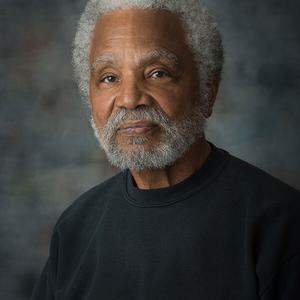
The Nebraska Supreme Court heard oral argument on August 30, 2018 in a case challenging the constitutionality of the state’s capital sentencing procedure, which requires a three-judge panel to decide whether to impose a death sentence. Attorneys for death-row prisoner John Lotter said the state’s three-judge sentencing violates the Sixth and Fourteenth Amendments as applied to Florida’s capital sentencing law in Hurst v. Florida. In that case, the U.S. Supreme Court found that the Sixth Amendment required “a jury, not a judge, to find each fact necessary to impose a sentence of death.” “Nebraska is the only active death penalty state without a sentencing structure that allows a jury to make the central findings of fact to impose a death sentence,” said Rebecca Woodman, an attorney representing Lotter. Under Nebraska law, a jury determines whether aggravating factors are present, deciding if a defendant is eligible for the death penalty, but judges weigh those factors against mitigating factors and decide whether the defendant receives a death sentence or a sentence of life in prison. James Smith, solicitor general for Nebraska Attorney General’s Office, argued that the sentencing scheme is constitutional, saying, “Finding aggravating factors is the fact that’s significant, the fact that juries must decide. The aggravating factors are what makes the defendant death-eligible.” Woodman disagreed: “Nebraska’s statutory scheme is unconstitutional because it bases a death sentence not on a jury’s verdict, but on judge-only findings of critical facts necessary to impose a sentence of death.” She also argued that the ruling should be applied retroactively, granting new sentencing hearings to everyone on Nebraska’s death row.
(Joe Duggan, Death row inmate Lotter argues sentencing procedure is unconstitutional, Omaha World-Herald, August 30, 2018; JoAnne Young, Decision in Florida case should undo Nebraska death sentences, attorney for death row inmate Lotter argues, Lincoln Journal Star, August 30, 2018.) See Sentencing.
Nebraska
Feb 09, 2024

Black History Month Profile Series: Ernie Chambers
Nebraska
Jan 12, 2024

State Legislative Roundup: New Legislation on the Death Penalty
Sentencing Data
Jul 26, 2023


